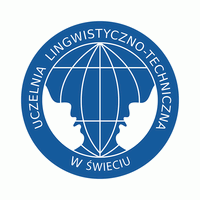Everything is literally entangled, it can all be communicated with and affected 'at a distance' because there is no distance, only a simulation of apparent separation which our limited consciousness feeds us second by second at 11 bits. The 'telepathy' which brings people together is no more or less supernatural or unlikely than the 'telepathy' which brings two of your fingers together when you think about it. Patience, participation and constant close observation of what's going on, on the inside and on the outside will soon make you a fine sorcerer, if that's what you want to be.
Grant Morrison (2004), [1]

